The Korean Diary: Student’s First Impression from Korea
South Korea, one of the most innovative countries in the world, attracts hundreds of thousands of foreign students every year. For instance, in 2017, South Korea accepted record number of international students arriving in the country. According to the Ministry of Educations data, 124,000 students entered Korea last year, 2716 of which were Uzbeks.
Unsurprisingly, the number of youngsters in Uzbekistan, predisposed to study in Korea, is increasing exponentially. And I am among those students as well enrolled in a master's degree.
It is natural that the learning process, the social environment in the country and the life of the compatriots are of equal interest to everyone. So, being a kun.uz correspondent in South Korea, I, together with the team, decided to launch the Korean Diary section of kun.uz, where you can get acquainted with the Republic of Korea, read articles on various topics and stories of compatriots living here.
Admission is yet first step among others to get to Korea
The dream – “I will get admitted to a Korean university, and my studies will instantaneously begin” is just a lofty one that literally overshadows the importance of the bureaucratic process that we are to go through. As the coin has two sides, so has the enrollment. The admission process is just the beginning of the story, while departure is some sort new tale. Young people intending to study in Korea will mostly apply for language or degree courses (bachelor’s or masters).
Once your knowledge has been tested by a foreign university, you will be asked to pile a several bunch of documents for 1 to 2 months. These include: Diploma Apostle, Parent's annual income with the certified translation from a notarial office, proof that the contractor has at least $20,000 in the bank account.
Through a long queue
The surrounding area of the Korean embassy in Tashkent resembles a small market as it is always packed with people. Therefore, police officers are more likely to be deployed there rather than before other embassies. Someone is required to apply for a visa, and someone else will come to an interview. According to experienced citizens, if you want to enter the Embassy on Tuesday, you have to take the queue at 23:00 on Monday. That's what I did. At 22:30 pm, I went to the embassy and got a copy of Kun.uz logo. Alas, I could not make the queue. Above all, unfortunately, a police officer who works on a contractual basis informed us that such unofficial turnout procedures would be canceled the next morning. Returning home by taxi, a friend of mine called me and informed that we were on line 22 and 23. "How come?» — I asked. Apparently, the regime has become a usual habit. If citizens from the regions forget to register for the queue, it less likely will work as it did with me.
Local residents: anger at the noisy queue
We arrived at the embassy, the working day of which starts at 9 am, at 6 am. The list for the queue was still being filled, number 351 — echoed from the crowd. A large crowd of people gathered in the apartment. At first, negative attitudes of surrounding residents toward the queue of citizens waiting for the visa issuance, frustrated me. Then I tried to understand them as well: 400-500 people cross their living territory everyday chatting, making noise, and eating snacks. And this is because of absence of the waiting room in the area. The Embassy has a waiting zone for approximately 50 people, and access to which is only available 30 minutes before the starting time.
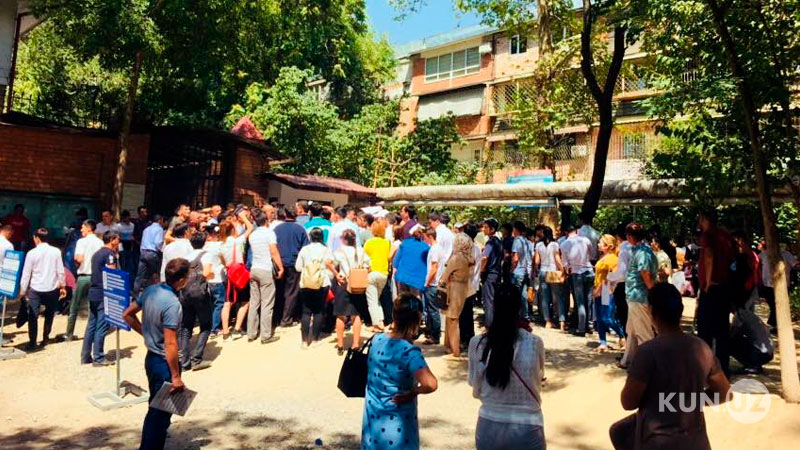
The Ethics of the Koreans working at the Embassy are worthy of praise; they bow and smile to those who visit the embassy. When it comes to the inside-the-embassy staff, our documents were received by Uzbek girls working there. Though they were charming, their attitude towards visa-applicants was disrespectful and rude. In my opinion, this is because they are fed up with what they are doing. Despite this rudeness, people on the queue smile and apologize for the undone deeds, this is only done to speed up the process of obtaining a visa.
We flew to Korea through Uzbekistan Airways, and, fortunately, there was no problem at the airport.
Annyeong Korea (Hello, Korea)
Arriving at the Incheon Airport, the discipline caught our attention instantly. The public transportation routes operate in full swing. We took the bus from Incheon to Busan. Buses are equipped with Wi-Fi. It might seem unbelievable for Uzbeks, but that along my 6-hour long way I heard no one car horn. Even the 5-10-minute traffic jam did not drive motorists impatient, while my nerves were going up. The first impression thus is that Koreans nurture their nerves or such a traffic jam appearing on the roads made them get accustomed to it.
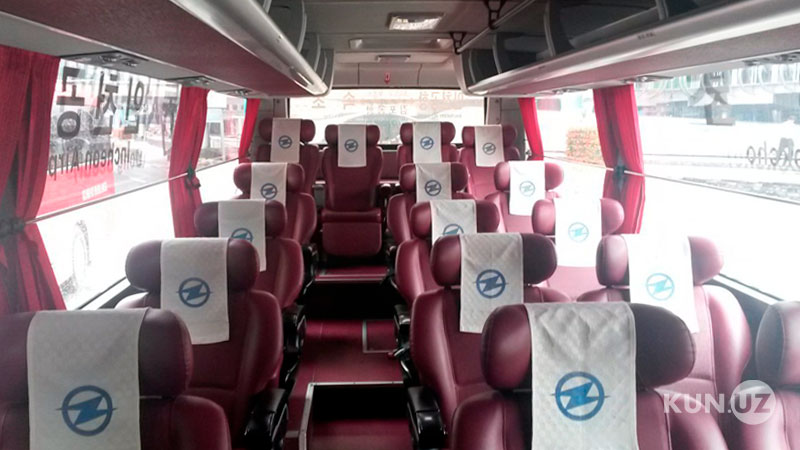
“Culture shock” speaks for itself
Mutual respect is at a high level: using one hand in, say, giving money is considered disrespect here that is why Koreans use both hands. At the hospital, in the ticket office, and at other service points, you can observe a miracle of queue. It does not matter whether you possess high social status or are a senior citizen, you will wait your turn in line as others will do the same. Comparing this miracle with “that” of ours, one word comes to my mind — uncultured! In fact, there is a collision between cultures that you may witness seeing such a contrast!
For the first time in Korea, the most painful thing for our fellow citizens is the Korean cuisine. Not only for the Uzbeks, but also for the entire Muslim population. Seeking “halal” food is on their everyday agenda. Koreans’ food are often made of pork or its fat; even candies are made of it as well. However, there are some Uzbek business people making halal-eaters’ life easier. There are some coffees and restaurants not only cooking halal meat and toasted breads, but also offering delivery-to-any-destination service.
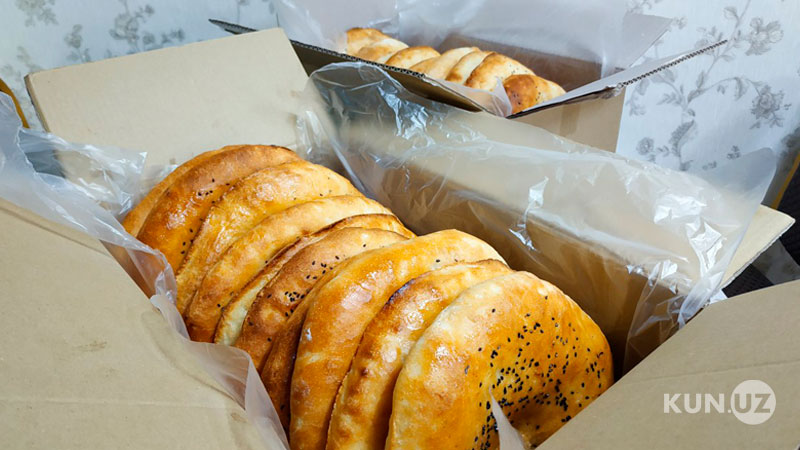
The American analyst George Friedman, in his “The Next 100 Years” book, predicts that Germany and Russia would face aging population problem, but living in South Korea I came to conclusion that the latter is also in the same boat with Germany and Russia. Public transports, streets and restaurants and other recreational places are crowded predominantly with elderly people. According to Worldometers.info, the average age of the Korean population in 1990 was 26.9, and by 2018 this figure was 41.3 years. For comparison, the average age of the population of Uzbekistan is 26.7.
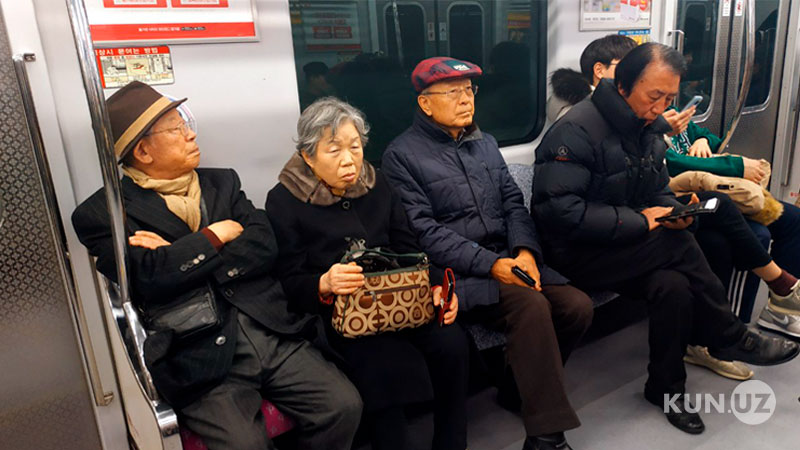
The city is so large and the buildings are scattered that you sometimes have to use 2-3 public transports in order to reach your destination. The thing I like the most is that if you get off the subway and within 30 minutes get on a bus, you can ride it for free. Koreans are far away from using cash, they use the electronic system of payments, permanent cards etc., that we have already mentioned in the Korean Metro report.
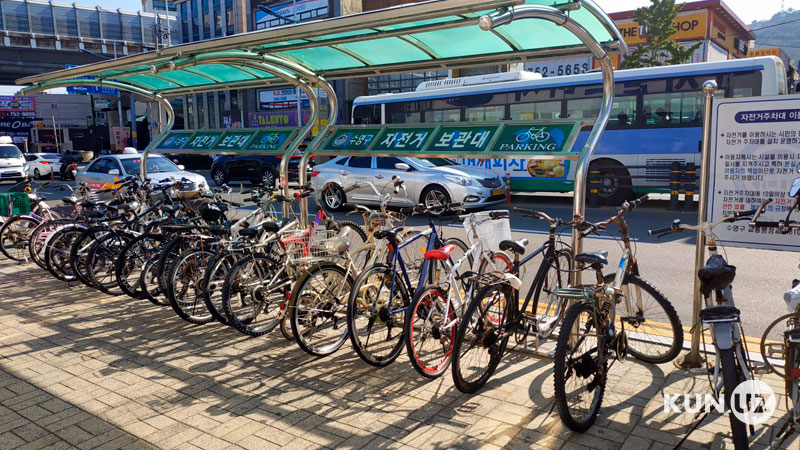
Before arriving in Korea, I was misled by many that in Korea, like in Tashkent where Russian is predominant, the second language is English. However, I did not find it so, say, in Busan and Daegu. May be they meant Seoul! Even if Koreans are considered to be one of those nations having high English-speaking abilities, most average people do not even understand it; service sector possesses low level of the language and it is sometimes difficult for foreign students to find an approach to locals because the latter’s English level leaves much to be desired.
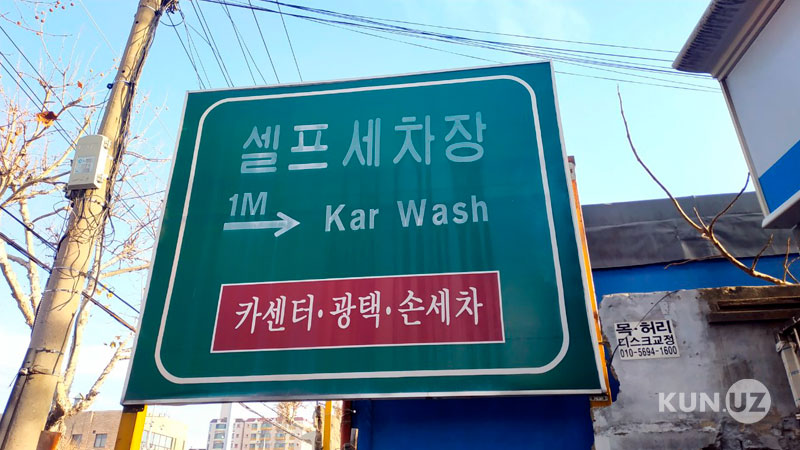
Tips
To our compatriots who want to study or work in Korea: You cannot go by without the Korean language, so study it. May be it is easy to get through somewhere else without knowing the state language, but not in Korea — this is a very difficult task. If you fell into hands of or find those who speak your language or Russian, then you are lucky, however, you would not advance further from your position without knowing Korean.
In the next pages of the Diary: What are the advantages of the Korean education system and does students visa enable you to work in Korea?
Eldor Vokhidov
Special correspondent from Republic of Korea
Related News
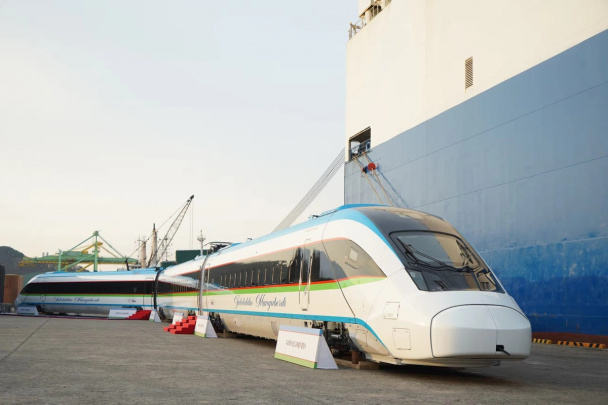
16:19 / 16.12.2025
High-speed trains between Tashkent and Khiva to launch after March 2026
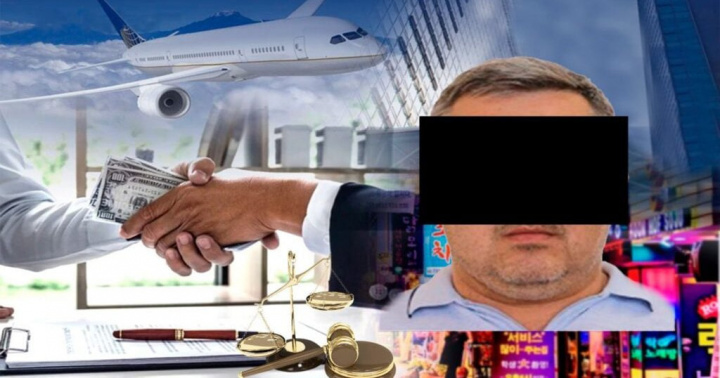
13:13 / 24.11.2025
Arbitration court judge arrested over South Korea seasonal work scam
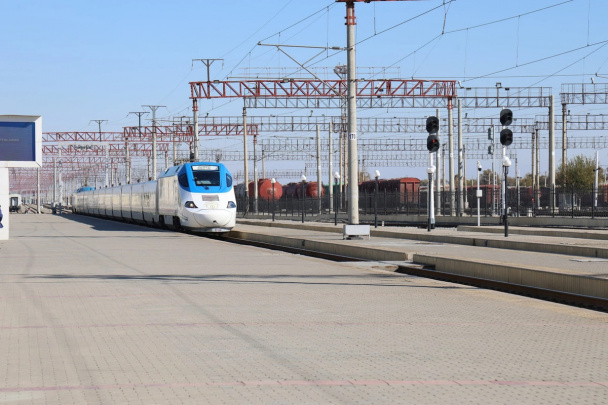
16:19 / 22.11.2025
South Korean engineers present three route options for new high-speed line between Tashkent and Samarkand
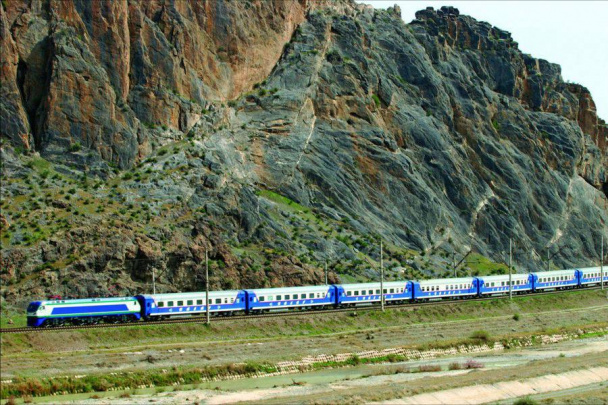
17:50 / 14.11.2025



